ACADEMIC VISION
Cheshire Academy students grow increasingly capable of independently observing, questioning, explaining, interpreting, and analyzing the world. Our academic process starts with what students know and want to know, and develops active learners who reflect on their growth and the implications of their learning.
Our academic vision is the Academy’s mission statement in action. It’s how we do the school part of the Cheshire Academy experience. We believe all students are unique individuals, with their own academic interests, styles, and needs. We also believe in helping our students become rationally autonomous individuals. And while we strive to pass on knowledge, skills, and values – including those that will help students find college and career paths – we also are keen to ensure students have an active role and voice in their learning, and take ownership over creating work which reflects their passions and their evolving world views.
143
COURSE OFFERINGS
36
IB COURSES
10
AVERAGE CLASS SIZE
ENGLISH DEPARTMENT
“The English classroom is a reciprocal process of teaching and learning. As I work to design an empowering and autonomous curriculum, students develop their voice and see themselves not just as students, but as writers, readers, and thinkers. They challenge me to be the best teacher I can be, to work to reach every student, and to help hold them—and myself—accountable.”
FINE & PERFORMING ARTS DEPARTMENT
“As a teacher in the arts, I have been fortunate so often to witness the emergence of a student’s creative spirit. What a joy to be a part of that process.”
History & Social Sciences Department
“Wisdom is indicative of having a greater understanding and appreciation for our place and role in space and time. We offer our students these opportunities through our robust investigation into the nature of their part in cultivating and encouraging this relationship with experience and enthusiasm.”
LANGUAGE DEPARTMENT
our language classes.
“For me, the most important thing is that students learn to appreciate that failure is a natural step on their way to success. It makes students more self-aware, independent, and capable of tackling challenges. Once they realize this, nothing can stop them.”
MATH & Computer Science DEPARTMENT
“Math pushes students to be imaginative, skeptical, and curious where they might otherwise settle for simple answers. Everyone wants them to grow as thinkers and problem solvers; this takes practice.”
SCIENCE DEPARTMENT
“Science education provides every student with a framework to question, investigate, and seek answers about living things, the natural world, and how they are connected. Science enhances our quality of life through medical discoveries and shapes our future through engineering and innovation. I am so fortunate to be able to cultivate curiosity in the students at Cheshire Academy with a dedicated science department.”
Academic Calendar
The academic calendar is organized on a two-semester system; most students in grades nine to PG take five or six classes each semester. With a rotating schedule, each class meets about three times per week for more than 3 hours. In addition to the academic schedule, students are required to participate in the afternoon program during each athletic season.
Graduation Requirements
4
credits of English
3
credits in mathematics
2
2
credits in foreign languages
3
credits in history or social science
1
credit in fine/performing arts
3-4
elective credits
Successful completionof three seasons of the afternoon program
Completion of a senior speech








